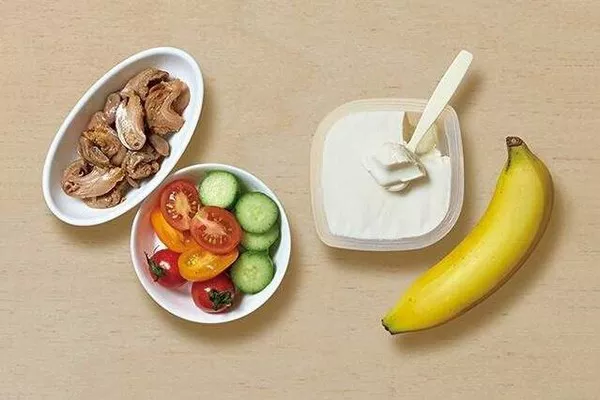Losing weight can be a challenging process, but with the right diet and exercise plan, it can be accomplished. If you’re looking to lose weight, a good place to start is by figuring out how many calories you need to eat to lose 1lb a week. While there’s no one-size-fits-all answer, there are a few things to consider when figuring out how many calories you need to eat to lose weight.
First, it’s important to understand that in order to lose weight, you need to be in a calorie deficit. This means that you need to burn more calories than you consume. One pound of fat is roughly equal to 3,500 calories, so to lose 1lb a week, you need to be in a deficit of 3,500 calories over the course of the week. This can be achieved by cutting calories from your diet, increasing your activity level, or a combination of both.
The number of calories you need to eat to lose 1lb a week will depend on a variety of factors, including your age, sex, height, weight, and activity level. The easiest way to determine your daily calorie needs is to use an online calorie calculator. These calculators will take into account your age, sex, height, weight, and activity level to give you an estimate of how many calories you need to maintain your current weight.
Once you have an estimate of your daily calorie needs, you can calculate how many calories you need to cut to lose 1lb a week. To lose 1lb a week, you need to be in a deficit of 500 calories per day (3,500 calories over the course of the week divided by 7 days). For example, if your daily calorie needs are 2,000 calories, you would need to eat 1,500 calories per day to be in a deficit of 500 calories per day and lose 1lb a week.
However, it’s important to note that cutting calories too drastically can be harmful to your health and make it harder to lose weight in the long run. It’s generally recommended that women eat at least 1,200 calories per day and men eat at least 1,500 calories per day to avoid nutrient deficiencies and metabolic slowdown. This means that if your daily calorie needs are below these minimums, you may need to increase your activity level instead of cutting calories to create a calorie deficit.
In addition to creating a calorie deficit, it’s important to focus on eating nutrient-dense foods to support your weight loss goals. This means choosing foods that are high in vitamins, minerals, and fiber and low in added sugars and saturated fats. Some examples of nutrient-dense foods include fruits, vegetables, whole grains, lean protein sources, and healthy fats like avocado and nuts.
It’s also important to incorporate exercise into your weight loss plan. Exercise can help you burn more calories, increase muscle mass, and improve your overall health. Aim for at least 150 minutes of moderate-intensity aerobic exercise or 75 minutes of vigorous-intensity aerobic exercise per week, as well as strength-training exercises at least two days per week.
In conclusion, the number of calories you need to eat to lose 1lb a week will depend on a variety of factors. To create a calorie deficit and lose weight, you need to be in a deficit of 500 calories per day. However, it’s important to avoid cutting calories too drastically and focus on nutrient-dense foods and exercise to support your weight loss goals. With the right plan and mindset, you can achieve your weight loss goals and improve your overall health and well-being.


